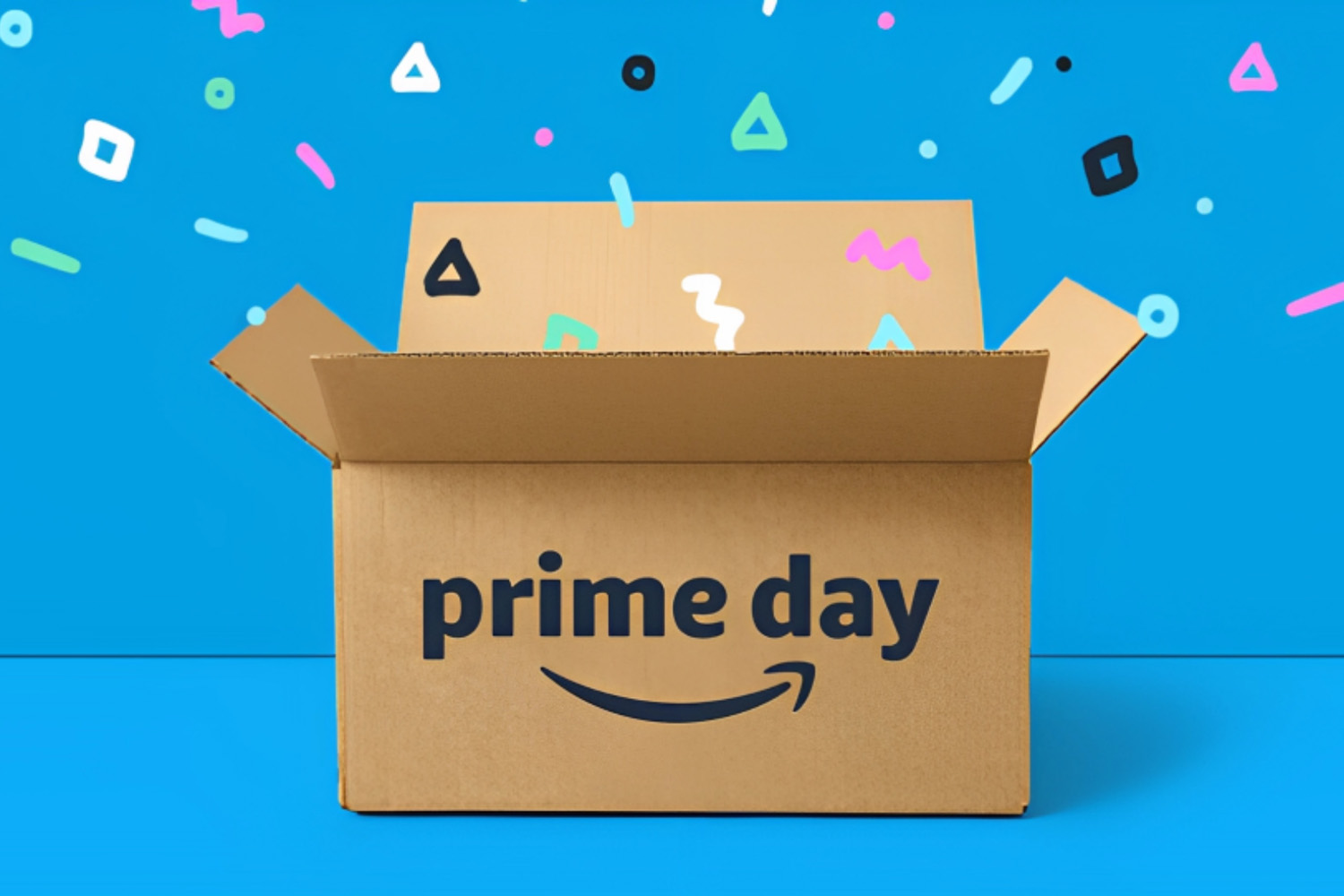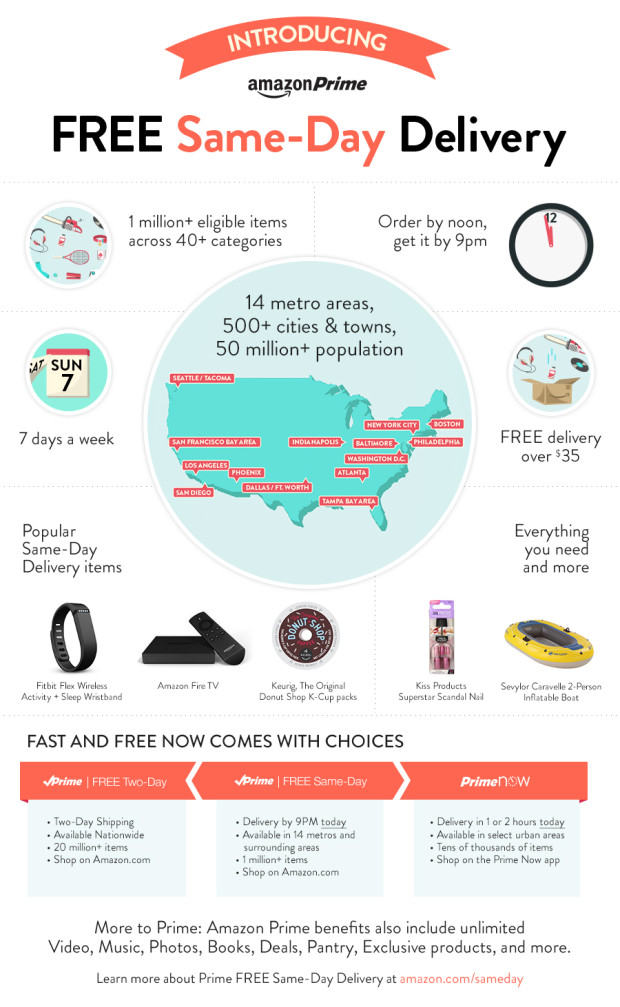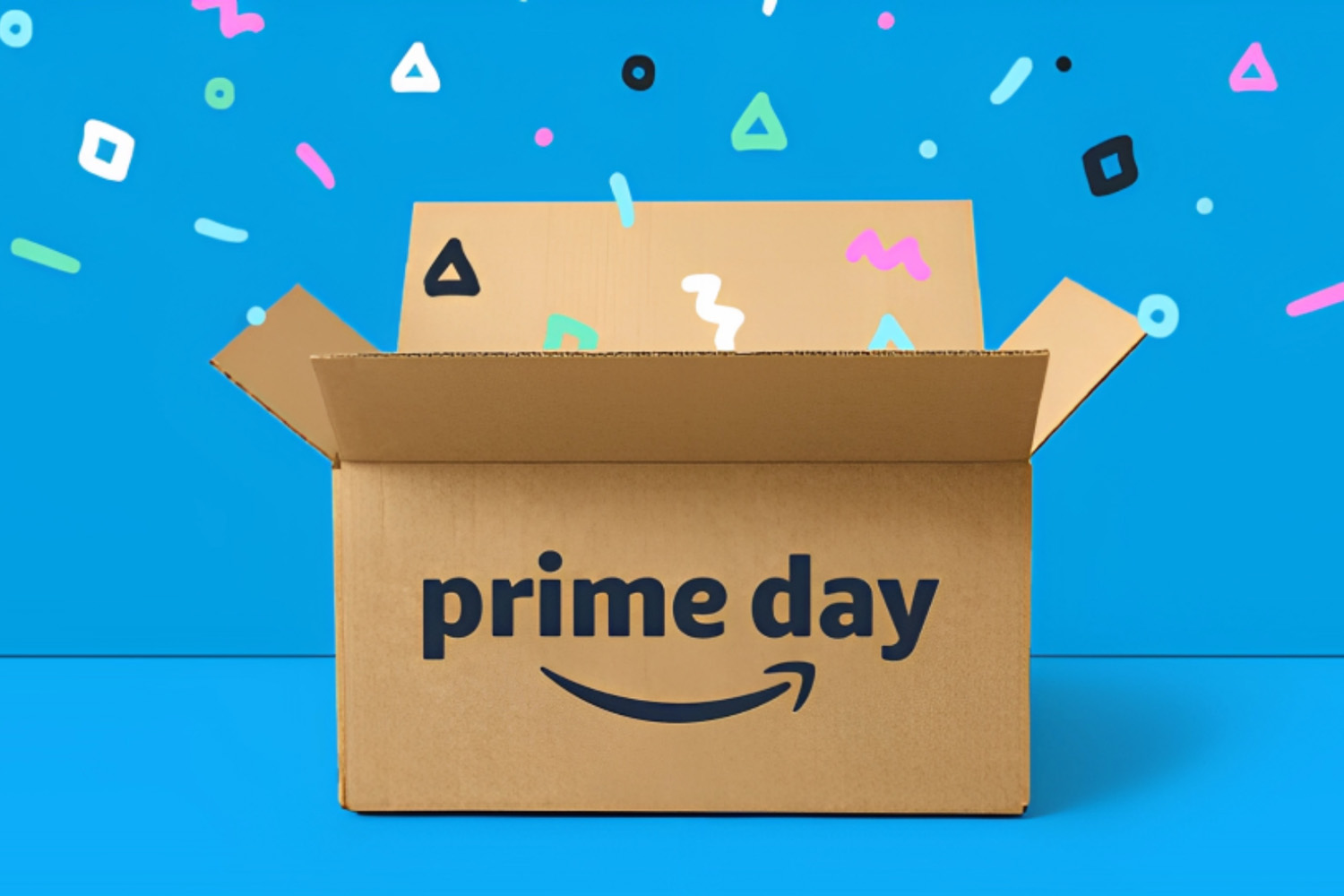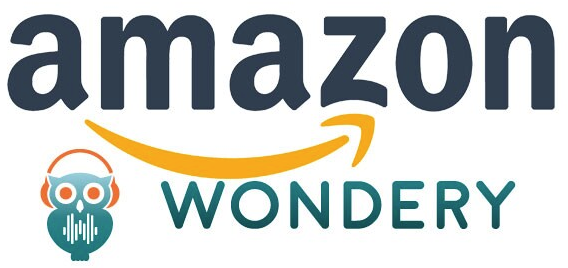In an era marked by growing concerns over data privacy and user control, many individuals are looking to reduce reliance on Big Tech services that dominate our online experiences. This shift is not just about seeking alternatives; it’s a proactive strategy to safeguard personal information and ensure online security. By eliminating single sign-on connections, especially those tied to ubiquitous Google accounts, users can regain autonomy over their digital identities. Furthermore, utilizing strategies like backup online data systems and passkey authentication can significantly enhance the security of personal accounts, protecting against unforeseen account lockouts. As we navigate this increasingly complex digital landscape, implementing data privacy tips becomes essential to empower users and preserve the integrity of their online presence.
As we explore the necessity of stepping back from major technology providers, alternative approaches to managing online identities become crucial. The urgency to safeguard privacy and independence in the digital realm is prompting more users to seek out diversified solutions beyond conventional platforms. By adopting methods that prioritize data security—such as exploring non-Google email services or utilizing alternative authentication mechanisms—people can better manage their information and protect against the risks of overdependence on a single provider. Moreover, the development of robust backup strategies to ensure data remains accessible even amidst service disruptions is vital. Emphasizing secure practices helps individuals not only maintain control over their personal data, but also enhances overall online security in an unpredictable technological environment.
Reducing Reliance on Big Tech: A Necessity for Data Ownership
In today’s digital landscape, many users are becoming increasingly aware of the potential risks of depending solely on Big Tech companies for their online services. The convenience of signing in via Single Sign-On (SSO) systems, like those provided by Google, can often outweigh the hidden dangers of relying on third-party services that intersect with these major corporations. With concerns surrounding data privacy and the threat of losing access to personal information due to sudden account lockouts or unforeseen service interruptions, it has become imperative to take steps to reduce reliance on such centralized tech giants. Transitioning away from SSO connections encourages users to take ownership of their digital security by ensuring their data isn’t trapped in ecosystems controlled by Big Tech companies.
Additionally, a key area of focus for individuals looking to reclaim their online presence is creating backup online data systems that are independent from major cloud providers. By utilizing external hard drives or even setting up Network Attached Storage (NAS) solutions, users can store their vital information securely away from the constraints of corporate servers. This strategy not only aligns with improved data privacy tips but also allows for easier access and organization of data without the fear of arbitrary restrictions imposed by third-party services. As I continue to navigate my digital landscape, I emphasize the importance of establishing a more robust backup strategy that liberates my data from the grasp of companies like Google.
Furthermore, ensuring that your data is backed up safely isn’t just about having a copy in case of an emergency; it’s also about control. By moving away from Single Sign-On connections, I create a more reliable framework for managing my accounts, reducing the risk of being locked out of access due to external factors. Implementing alternative authentication methods, like passkey authentication, enables a higher level of security while simultaneously promoting independence from solely relying on Big Tech. As these measures are put into practice, it becomes increasingly easier to navigate the myriad of online accounts without the invasive oversight of large tech entities, fostering a more secure and autonomous online experience.
Importance of Backup Online Data in a Digital Age
As I learned from my ongoing journey to backup online data related to my YouTube channel, the importance of securing one’s digital footprint cannot be understated. The experience revealed that not having a structured data backup system could result in losing invaluable content and personal information. My initial backup process turned out to be a stark reminder of how crucial it is to routinely store copies of data in multiple locations. Investing in 4TB external HDDs or future NAS technologies ensures that all my important files are protected against unexpected situations, freeing me from fears of potential data loss due to service reliability issues with Big Tech providers.
Beyond just personal use, there are broader implications for various data-driven industries that rely on large-scale data production and storage. A robust backup strategy is essential for protecting intellectual property, sensitive user data, and other critical information from hackers or system failures. The reality is that even companies that promote their security measures can fall short, leaving users vulnerable. By adopting a comprehensive approach to data backups, individuals and companies alike can mitigate risks and continuously safeguard their assets against potential threats.
Moreover, exploring the various backup options available on the market can lead to improved data privacy tips that are vital for any user. Beyond simply copying files, the process of organizing data during a backup can instill valuable practices like establishing clear categorizations and retention policies. Regularly reviewing and updating backup procedures ensures ongoing security and can also foster a culture of awareness regarding what data needs to be prioritized for protection. This level of diligence not only reinforces the integrity of the backup process itself but also empowers users to establish a more sustainable and protected digital environment.
Single Sign-On Alternatives: Securing Your Online Accounts
With the potential dangers associated with Single Sign-On (SSO) services, many individuals are seeking alternatives to bolster their online account security. Instead of relying on Google for seamless access to multiple third-party services, exploring different authentication systems can greatly enhance data protection. For instance, using dedicated password managers with strong encryption protocols can be a solid alternative, allowing users to manage their login information more securely without compromising privacy. This approach significantly reduces the risk of being locked out due to unforeseen changes in SSO policies enforced by Big Tech companies.
Additionally, diversifying the authentication methods employed on your accounts—like implementing two-factor authentication or passkey authentication—can provide layers of security that SSO lacks. These methods strengthen the user’s control over their accounts, fostering greater trust in their online security while reducing their dependence on platforms that could, one day, restrict access altogether.
Moreover, the transition to using Single Sign-On alternatives presents an opportunity for users to rethink their approach to online account management. By eliminating reliance on a singular service provider for access, individuals gain the ability to choose platforms that prioritize data privacy. This shift not only establishes a more secure environment for personal accounts but also encourages those third parties to uphold high standards of security in order to attract customers. Implementing diverse alternatives in the realm of online authentication not only protects data but also fosters a more decentralized internet; an essential step in the fight against the monopolization of services commonly perpetrated by Big Tech.
Enhancing Google Account Security: Tips and Best Practices
When it comes to strengthening Google account security, there are several proactive strategies individuals can adopt to protect their data. One crucial step is enabling two-factor authentication (2FA), which adds an extra layer of security by requiring a second form of verification in addition to the password. This action significantly reduces the risk of unauthorized access, even if the password falls into the wrong hands. Additionally, regularly updating passwords and utilizing unique passphrases for each account are invaluable practices that can safeguard against potential breaches, especially in an age where data privacy has become a critical concern.
Taking the initiative to monitor your account activity can also offer insights into any unfamiliar access attempts or settings changes. Google provides tools for users to review their account activity, enabling you to identify potential threats swiftly. Integrating these measures into your daily online habits can establish a more secure environment and mitigate the risks associated with account management, especially for those relying heavily on Google products for business or personal use.
Moreover, it’s important to keep abreast of new security features offered by Google, as the tech giant continually evolves its security infrastructure. Staying informed about advancements, such as passkey authentication, can enhance your overall security posture. Passkeys eliminate the need for traditional passwords, utilizing cryptographic methods that provide an unparalleled level of security against phishing attacks. By implementing these modern solutions, users can significantly bolster their Google account security while paving the way towards greater data privacy benefits.
Understanding Passkey Authentication and Its Benefits
Passkey authentication represents a groundbreaking approach to securing online accounts by replacing traditional password systems with a more secure and efficient method. This innovation utilizes cryptographic keys that are generated and stored securely on devices, enabling a seamless authentication process that is both user-friendly and safer. For those who rely on tools like Proton Pass to manage their digital identities, integrating passkey authentication can enhance security across platforms while reducing the risks associated with lost or compromised passwords. As users shift toward this method, it presents a significant step forward in establishing a more secure digital landscape.
Moreover, implementing passkey authentication alleviates common user frustrations typically associated with password management. By eliminating the need to remember complex passwords or frequently reset them, this system encourages better compliance with security standards while making the user experience more streamlined. As passkeys become more widely adopted, organizations and individuals stand to benefit from enhanced security measures that promote data privacy and reduce vulnerabilities often exploited by cybercriminals. Ultimately, embracing passkey authentication can help create a more secure online environment, where users feel confident in their digital interactions.
Data Privacy Tips for Protecting Your Online Presence
Maintaining data privacy in a world increasingly reliant on online interactions can be daunting but is crucial for protecting personal information. One essential tip is to regularly monitor privacy settings on online accounts, ensuring they align with your comfort level for sharing information. Taking the time to review permissions for apps and web services that interact with your accounts can help identify any unnecessary data access, allowing you to revoke permissions and improve your overall privacy. This constant vigilance is vital in mitigating risks and securing your digital footprint against the potential overreach of Big Tech.
In addition to monitoring settings, another key aspect of data privacy involves using advanced encryption tools for online activities. By employing a Virtual Private Network (VPN) to encrypt internet connections, individuals can significantly increase their security while browsing or using public Wi-Fi networks. Moreover, staying informed about the latest threats, privacy regulations, and technology advancements can empower users to make better choices, providing a greater sense of control over their data in an increasingly complex digital environment.
Furthermore, taking proactive steps to backup valuable data independently from cloud platforms can reinforce data security. Creating regular backups on physical devices or self-hosted solutions protects against potential data breaches or service disruptions. This strategy not only secures your essential files but also fosters a mindset that emphasizes the importance of personal ownership over digital data. As privacy concerns continue to evolve, utilizing these tips reinforces a protective barrier around your online presence, ensuring greater autonomy from the unpredictable nature of Big Tech services.
Frequently Asked Questions
How can I reduce reliance on Big Tech when it comes to backup online data?
To reduce reliance on Big Tech for backup online data, consider using independent services like personal NAS (Network Attached Storage) solutions or encrypted external hard drives. These options allow you to store data securely without depending on cloud services provided by major tech companies, thereby enhancing your data privacy.
What are some single sign-on alternatives to reduce reliance on Big Tech services?
To eliminate dependence on Big Tech for single sign-on, explore alternatives such as password managers with integrated authentication features, like Proton Pass. Implementing these can offer similar convenience without linking your online accounts to major tech providers, allowing you to maintain better control over your data.
How does Google account security affect my decision to reduce reliance on Big Tech?
Google account security practices, while robust, can lead to over-reliance on their services. By reducing reliance on Big Tech, you can ensure your data’s security by utilizing decentralized solutions, which offer you more control and reduce the risk of locking you out of your own information.
What role does passkey authentication play in my efforts to reduce reliance on Big Tech?
Passkey authentication enhances security while enabling ease of use across different platforms. By adopting passkeys through independent providers, you can reduce reliance on Big Tech for authentication, which helps mitigate the risk of being locked out of your accounts.
What are some effective data privacy tips to reduce reliance on Big Tech?
To reduce reliance on Big Tech while enhancing data privacy, regularly audit and minimize the number of accounts you have with major tech companies. Use encrypted communication and store your data on secure personal devices. Consider transitioning from cloud services to local storage solutions, ensuring you control your personal information.
| Key Point | Details |
|---|---|
| Reducing reliance on Big Tech | Eliminating single sign-on (SSO) connections with Google accounts. |
| Backup process | Started backing up YouTube data; initial backup took longer than expected and required 3.4 TB of storage. |
| Storage solutions | Purchased a 4 TB external HDD for backups; planning to transition to a NAS system for formal data backup. |
| Passkeys usage | Using passkeys stored in Proton Pass for secure authentication instead of relying solely on Google. |
| Inherent risks with Big Tech | Big Tech can lock users out of their accounts unexpectedly, highlighting the importance of data redundancy. |
Summary
To reduce reliance on Big Tech, it is crucial for users to take proactive measures in managing their online accounts and data storage. The ongoing risk of losing access to vital services exemplifies the importance of diversifying how we store and backup our information. By eliminating direct connections with major platforms like Google and implementing more robust storage solutions, individuals can safeguard their data while enjoying a greater sense of control over their digital lives.









